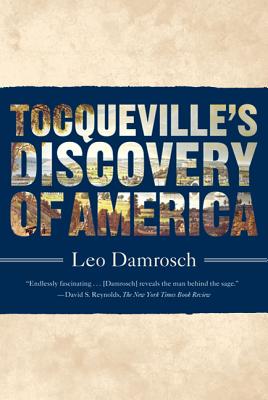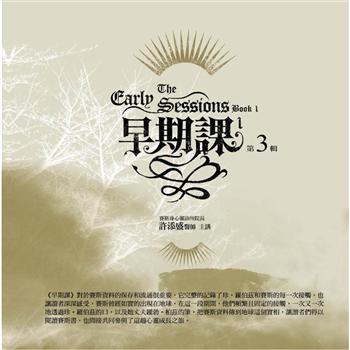Alexis de Tocqueville is more quoted than read; commentators across the political spectrum invoke him as an oracle who defined America and its democracy for all times. But in fact his masterpiece, Democracy in America, was the product of a young man’s open-minded experience of America at a time of rapid change. In Tocqueville’s Discovery of America, the prizewinning biographer Leo Damrosch retraces Tocqueville’s nine-month journey through the young nation in 183132, illuminating how his enduring ideas were born of imaginative interchange with America and Americans, and painting a vivid picture of Jacksonian America.
Damrosch shows that Tocqueville found much to admire in the dynamism of American society and in its egalitarian ideals. But he was offended by the ethos of grasping materialism and was convinced that the institution of slavery was bound to give rise to a tragic civil war.
Drawing on documents and letters that have never before appeared in English, as well as on a wide range of scholarship, Tocqueville’s Discovery of America brings the man, his ideas, and his world to startling life.
| FindBook |
有 1 項符合
Tocqueville’s Discovery of America的圖書 |
 |
Tocqueville’s Discovery of America 作者:Damrosch,Leo 出版社:Farrar Straus & Giroux 出版日期:2011-04-12 語言:英文 規格:平裝 / 277頁 / 14 x 21 x 1.9 cm / 普通級 |
| 圖書館借閱 |
| 國家圖書館 | 全國圖書書目資訊網 | 國立公共資訊圖書館 | 電子書服務平台 | MetaCat 跨館整合查詢 |
| 臺北市立圖書館 | 新北市立圖書館 | 基隆市公共圖書館 | 桃園市立圖書館 | 新竹縣公共圖書館 |
| 苗栗縣立圖書館 | 臺中市立圖書館 | 彰化縣公共圖書館 | 南投縣文化局 | 雲林縣公共圖書館 |
| 嘉義縣圖書館 | 臺南市立圖書館 | 高雄市立圖書館 | 屏東縣公共圖書館 | 宜蘭縣公共圖書館 |
| 花蓮縣文化局 | 臺東縣文化處 |
|
|
圖書介紹 - 資料來源:博客來 評分:
圖書名稱:Tocqueville’s Discovery of America
內容簡介
|








